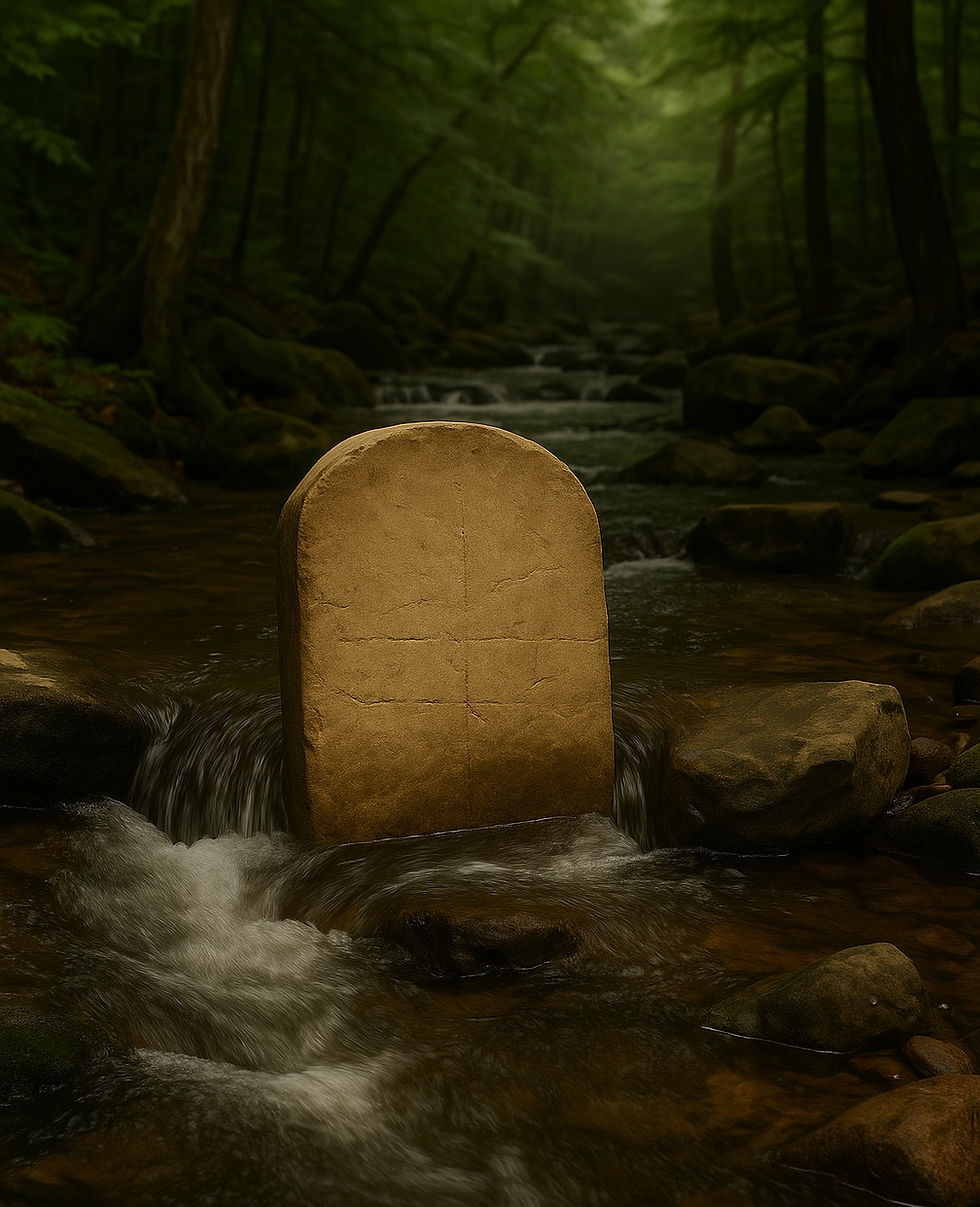Got a Clacker?
- Gregory Loewen

- Sep 9, 2024
- 2 min read

Remember those clacker toys from the 1970s? They were noisy, annoying, and impossible to ignore. Interestingly, they serve as a fitting metaphor for certain people who seem to disrupt our energy. Gerry Powell, founder of the Rythmia Life Advancement Center, reminded me of these irritating toys during a conversation following my first ayahuasca experience. He used the term "clacker" to describe anyone or anything that interferes with our personal journey, knowingly or not. As it turned out, I had encountered my own "clacker" during the previous night’s ceremony.
There was a man who seemed to go out of his way to irritate me, though he had no idea how much he affected me. In life, we often encounter people who can be just as disruptive without ever saying a word. You walk into a room, and for reasons you can’t quite explain, someone’s energy unsettles you. You don’t have to speak to them; their mere presence feels off, like an uncomfortable vibration that clashes with your own frequency.
These "clackers" in our lives may not be doing anything overtly wrong, but they still provoke something within us. However, they often serve a greater purpose. These individuals act as mirrors, reflecting aspects of ourselves we may not want to confront. Their energy forces us to explore the parts of our lives we’ve been avoiding, leading us toward personal growth and healing.
It took me a few days and a couple more ceremonies to fully grasp this lesson. I found myself standing behind him in line for another cup of ayahuasca. He looked disoriented, drunk on the medicine, and when he turned around, our eyes met. I’m not sure if he even acknowledged me. This time, however, something felt different.. I was overwhelmed with an unexpected urge to hug him—and I did. In that brief embrace, I shed whatever resentment I had been holding onto. In its place, I felt only compassion. I forgave myself for projecting my frustration onto him and replaced it with love and understanding. When we reconnected later, it was clear something had shifted between us, but upon reflection, I realized it was me who had changed. The projections I had placed on him, or the parts of myself that he reflected, had dissolved.
The lesson here is clear: the people who irritate us the most are not simply there to frustrate us—they are often our greatest teachers. When someone’s energy bothers us, it’s an opportunity to pause and reflect. Is it really about them, or is there something within us being triggered? By embracing these situations with curiosity rather than resistance, we can transform discomfort into growth, turning our "clackers" into valuable guides on our path to self-awareness.



Comments